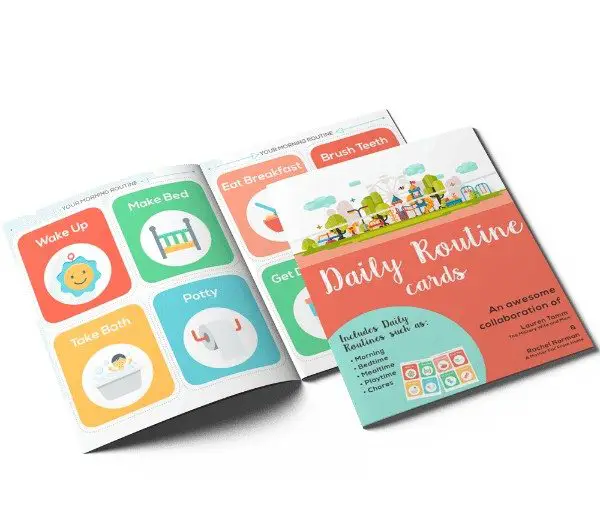“There has to be a consequence. He has to know the behavior is not okay,” my husband asserted looking at me straight in the eyes.
I nodded.
We’ve never given timeouts or sent our kids to their rooms for punishment. We’ve always worked through the issue with them, which, arguably, will help them a great deal in life, at least down the line.
Now, at 8 and 6, my boys need more structure to their discipline. I can see that fact. They are letting us know that they need more structure, boundaries, rules, and routine. In short, they need a system of discipline, not simply to be disciplined.

“Self-respect is the root of discipline: The sense of dignity grows
with the ability to say no to oneself.” ― Abraham Joshua Heschel
This system of discipline includes guiding them to a strong will, self-regulation, and the ability to make hard choices.
How do we go about guiding our children to built strong character without shutting them down completely? Without the opportunities to fail, to test their limits, and to challenge their environment (including their parents within that environment( is it possible to know who you are and what you’re capable of?
What is Positive Discipline?
According to the pioneers of positive discipline, Dr. Jane Nelsen, “it is based on the work of Alfred Adler and Rudolf Dreikurs and designed to teach young people to become responsible, respectful and resourceful members of their communities. Positive Discipline teaches important social and life skills in a manner that is deeply respectful and encouraging for both children and adults (including parents, teachers, childcare providers, youth workers, and others).
Recent research tells us that children are hardwired from birth to connect with others and that children who feel a sense of connection to their community, family, and school are less likely to misbehave. To be successful, contributing members of their community, children must learn the necessary social and life skills. Positive Discipline is based on the understanding that discipline must be taught and that discipline teaches.”
Download the PDF “What is Positive Discipline?”
Kids Need a Positive Discipline System
My goal? Resilience. I don’t want my boys to be weak in character. Apparently, I am not the only one worried about this life challenge.
The tough part? There is more to resilience than punishing poor behavior. Families need a system in which you’re able to right and wrong without simply shutting the bedroom door in order to punish. It is a system where you cultivate strong morals and values through modeling and communicating with respect and a system where you know when to intervene to guide the child.
{You have to check out these routine cards! They are amazing!}
Cultivating this system begins early in life.
Here are a few resources for you to explore as you ponder your system of discipline:
- Printable Routine Cards
- 12 Brilliant Routine Charts for Kids
- Chore Cards
- Routines, Rhythms, and Schedules eBook
- Tips for a Smoother Morning
- The Art of Learning by Josh Waitzkin
- Growing Up Mindful by Chris Willard
- Raising Resilient Children by Robert Brooks
How do you teach your child about resilience?
Marnie

